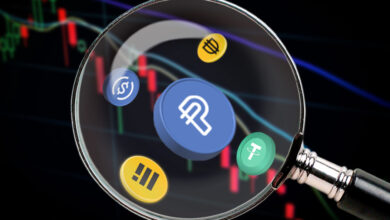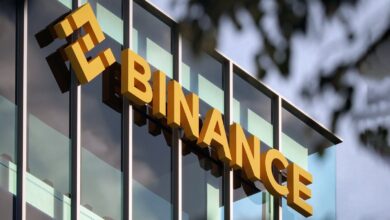Oil industry-backed blockchain platform set to go live by end of 2018

A BP, Shell and Equinor-backed project to modernize physical energy post-trade processes using blockchain technology is set to go live by the end of the year, platform consortium Vakt said at S&P Global Platts Digital Commodities Summit in London.
The platform aims to help companies move away from traditional and cumbersome paper-based trading contracts and operations documentation to digital smart contracts. This would cut costs, reduce the risk of errors and make back-end trading operations more reliable and efficient.
“We expect to go live at the end of November in the North Sea oil market,” said Lyon Hardgrave, Vakt’s Product Development Vice President.
“In 2019 we will look at ARA barges, waterborne markets and US crude pipelines. And by January we expect the first licensees will come on board, in addition to our shareholders,” Hardgrave said.
Waterborne markets were a key target because of the need for flexibility, but Vakt was also receiving requests to look at petchems and US gas, Hardgrave told Platts.
In addition to BP, Shell and Equinor, shareholders in the Vakt consortium include Gunvor, ABN AMRO, Koch, ING, Mercuria and Societe Generale.
Licensees paying to use the platform in future can look forward to efficiency cost savings of around 40% in post-trade resolution, Hardgrave said, with data errors eliminated and processes accelerated, freeing up time and capital.
“This not a trading platform, nor a settlement platform – there is no crypto currency involved. But it is everything in between: deal recap; confirmation; contract; logistics (the really big element in all this) — and invoicing,” he said.
The trade and settlement elements were characterized as part of the “potential future scope” in digital processes, but Hardgrave saw significant barriers for settlement and only limited value in using blockchain in the transaction itself.
Noting that blockchain was still an immature technology, Vakt CTO Adam Vile said it was confined in the platform “to the writing of the resolved truth. There is a whole stack of standard technology above the blockchain – we’ve built an enterprise solution with blockchain underpinning it.”
A poll of the summit audience showed a large majority of delegates expected blockchain applications to have reached mass retail market adoption by 2025.
Opening the conference, David Shrier of Oxford University’s Said Business School said he expected digitization of entire commodity trade ecosystems with seven to 10 years, but warned that consistent regulation of the sector would take “10 years or never.”





